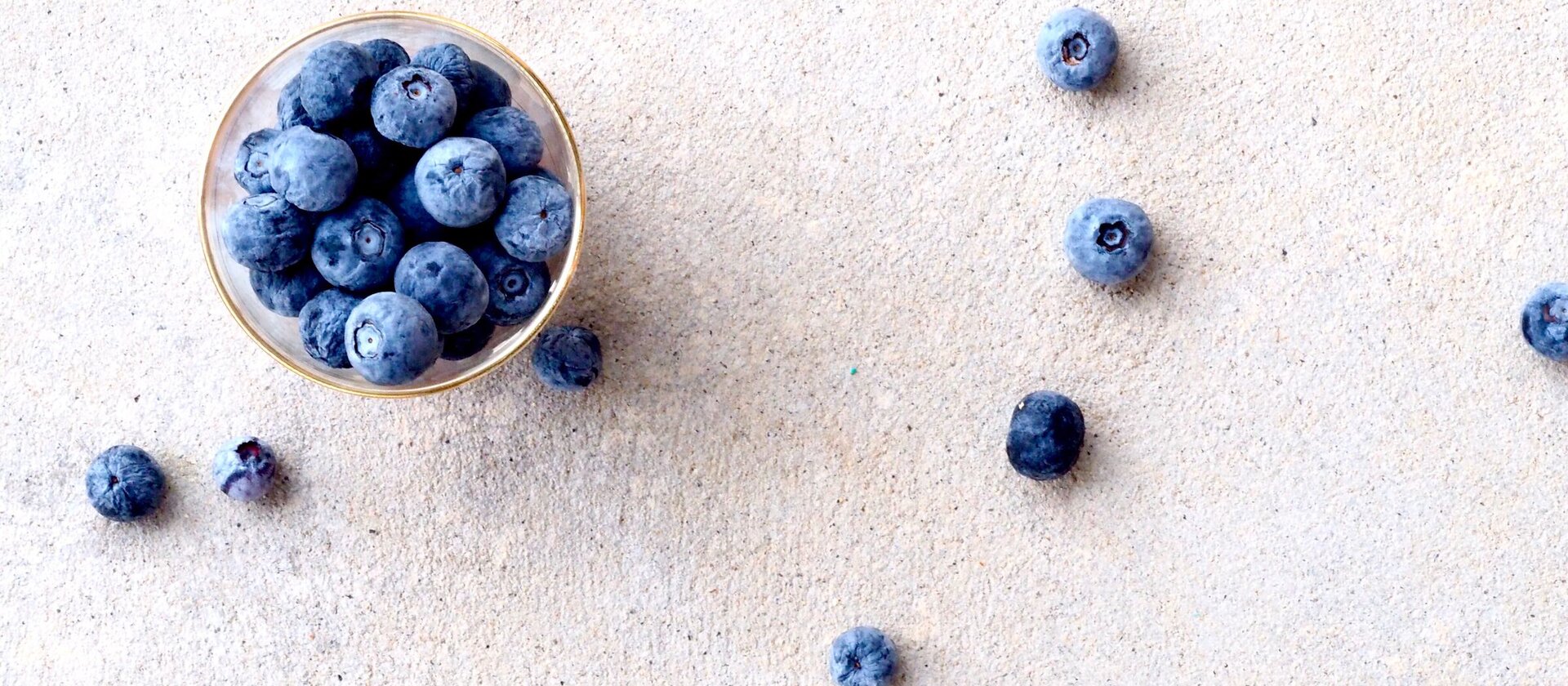I confess I had to google ‘clean eating’. Outrageous for a nutritionist I’m sure. When I think clean eating, I imagine a moment where somehow you have not spilt crumbs anywhere (no, I am not a messy eater, but some foods just travel), or when your toddler finally manages to put the food IN their mouth. I hear the term clean eating all the time, and I guessed it implied eating whole food with little to no preservatives, but thought I would double check, hence the google search.
Alarmingly, Google offered 433, 000, 000 results!!! That’s right, 433 million. What??!! A sign of our times. It seems clean eating is essentially eating whole, natural foods. Great. I mean you can’t eat whole, natural foods without having fruit, vegetables, whole grains, and quality proteins and fats; all the things that make up a healthy diet. However, there are extensions of this simple definition.
Clean eating can also imply the avoidance of processed food and preservatives, and some variations of this diet also exclude gluten, grains, and dairy products. Hmmmm, ok. Admittedly some individuals with allergies and medical conditions need to avoid gluten and dairy. Avoiding them in order to adopt a ‘clean’ diet is possibly a step too far. And what happens when a focus on food purity and ‘cleanliness’ is adopted and becomes the sole driver of your food choices? Or when the pursuit of wellness becomes obsessive?
This might start to get uncomfortable for some, but enter orthorexia nervosa. The term orthorexia nervosa was initially coined by Steven Bratman is 1997 (yes, 22 years ago), to indicate an obsession with eating the right food to the point where extreme ‘healthy’ diets were in fact leading to malnutrition and impacting normal living. Neither Bratman, nor I, are saying that having a focus and wanting to adopt a healthy diet is a bad thing. I mean, even our own Ministry of Health has healthy food guidelines. It is the intensity of the focus and effort toward food, the preoccupation with the quality of the food, the anxiety associated with food beliefs that creeps towards orthorexia.
There are in fact two stages to orthorexia. The first stage is an innocent decision to eat a healthy diet. Awesome, your health will no doubt benefit (although the internet however also promises weight loss, glowing skin, better sleep, etc.). The transition of orthorexia into stage two will vary, and the intensification of effort and control food has over your daily life will vary too. However, if you suddenly find yourself obsessively thinking about the ‘quality’ of your food, punish yourself for eating the ‘wrong’ food, or feel shame because you have eaten a ‘bad’ food, well then this may be a step too far. Perhaps you eat a clean diet, advocate a clean diet, and judge or criticise (no this doesn’t have to be out loud) others for not eating clean. This superiority too is a variant of orthorexia.
We HAVE to eat to live. Food is something we can not do without. Food provides fuel, nutrients, vitamins, minerals and a plethora of other valuable compounds that are essential for all systems of the body to effectively function. Actually, a wide variety of foods provide all the aforementioned (as well as providing good gut micrflora, but another blog for this). When we place too much emphasis on food, and give it power to the point where we become obsessive about what we eat, and it has to be ‘clean’, or ‘pure’, and you find you are restricting more and more, or exercising to ‘work off’ the bad food choices, well, it may pay to stop, take a breath and consider if you are controlling your food, or is your food controlling you? Food is to be enjoyed. It is a necessary part of life. It is not a war, a battle, or a competition. Eating is something you have to do every day, and finding the balance between healthy, maintainable long-term, and in a relaxed way is in my opinion pretty important.
Please do not misinterpret me. I advocate a healthy diet, but in a pragmatic way. What is practically reasonable given the circumstances, budget and motivation of the individual? Please know too that I do not judge others for what or how they eat. Criticism and judgement are not what I wish to pass on to fellow human beings; we judge and criticise ourselves too much to have others add their criticism and judgement. I do wonder about the innocence of ‘clean’ eating. It has become pervasive. I have even had a young boy of 11 ask me about the sugar in tomato sauce during a workshop??!! When I was 11, all I cared about was my BMX and my holographic jandals (so cool). I don't even remember knowing (or caring) about the ingredients in tomato sauce. My brother and I did once find an Easter egg in a neighbouring paddock, and ate it.....even though it was already September (very unclean and unsafe eating, but we were fine, and still are).
Food marketing has latched onto our obsession with 'healthy' foods. No longer is food marketed as low-calorie; it promises optimal health, absorption or other magical properties that will make you healthier.
Health is a sum of parts. A whole lot of things contribute to overall health; nutrition, sleep, stress, physical activity, lack of war (not really an issue in NZ), a warm, dry home, kindness, genetics, etc., etc. No single nutrient will outdo all of the other parts. A healthy diet is a good start. Eating whole foods, like fruit and vegetables, healthy wholegrains, quality proteins and fats are indeed part of a healthy diet, but it is just eating. That is all.
Bratman, S. (2017). Orthorexia vs. theories of healthy eating. Eat Weight Disorders, 22, 381-385.
Dunn, T. M. & Bratman, S. (2016). On orthorexia nervosa: A review of the literature and proposed diagnostic criteria. Eating Behaviours, 21, 11-17.





